What is a gut detox?
A gut detox or cleanse is a simple way of describing the process of eliminating toxins and waste from your body. By cleaning your digestive system, you’ll be able to improve certain discomforting symptoms related to gut health like; inflammation, acne, constipation, irregular bowel movements, and also reduce your risk of colon cancer.
Why is it important to detox your gut?
You may think your gut is just one organ, but it actually refers to your gastrointestinal tract, also known as your GI tract. It is a collection of vital organs that include your mouth, throat, esophagus, stomach, small intestine, large intestine, rectum, and anus.
The primary function of your gut is to take the food you eat to absorb water, essential nutrients, vitamins, and minerals and metabolize those elements so you can live. Your gut is also responsible for sorting out the toxins and waste that you intake and eliminating them to prevent diseases. This process sounds simple, but it can be more complex if your gut is not consistently healthy or if the foods you are eating lack nutrition.
Therefore, a detox should be more than a quick fix to get your gut health on track; it should be a commitment to change the way you look at your diet and exercise and establish healthy habits like mindful eating and exercising regularly.
What does a healthy gut detox look like?
Many trendy health brands claim to fully detox your gut within a matter of days with drinks or shakes. However, there are more simple and inexpensive ways to clean your gut naturally. It just takes consistency and time. It helps to look at the overall big picture of your current health. What are you doing to support it? What more could you be doing to improve it? By looking at your daily lifestyle as a whole, and knowing how to add healthy habits while also removing unhealthy habits, you'll receive clarity on how you want to progress in your health journey.
Healthy habits to add to your lifestyle:
-
- Drink More Water. It is recommended by the U.S. National Academies of Sciences, Engineering, and Medicine determined that an adequate daily fluid intake is about 15.5 cups a day for men and about 11.5 cups for women. What happened to 8 glasses of water a day? For some, 8 glasses of water could be too much or too little. Your required daily water intake can depend on external factors like exercise, environment, and overall health.
- High Fiber Diet. Fiber is an essential nutrient to include in your diet. It also consists of all-important prebiotics that are essentially fertilizer for healthy bacteria because they stimulate their growth. Good sources of dietary fibers are found in foods like fruits, veggies, whole grains, seeds, nuts, and much more. You can also add resistant starches, which are similar to fiber. These starches are found in plant foods like potatoes, rice, beans, grains, and green bananas. These foods also help boost gut diversity but should be eaten in moderation because they may cause sharp increases in blood sugar.
- Try Probiotics and Prebiotics. Adding supplements or even foods rich in probiotics or prebiotics can make even the slightest difference in your gut microbiome because you are incorporating healthy bacteria strains into your gut that may not have been there before. The more diversity you are able to add to your diet, the happier your gut will be.
- Exercise Regularly. Consistent physical activity improves your gut motility. Gut motility is the movement of food through your digestive tract and out of the body. When we exercise, our movement allows our intestines to contract and pass waste through our system naturally.
- Get More Sleep. There is an important link between sleep and appetite. Lack of sleep can throw specific hormones like leptin and ghrelin out of balance. So when we don’t get enough sleep, our levels of leptin (a hormone responsible for our feeling of satiety) decreases, and our levels of ghrelin (a hormone responsible for hunger) increases. This explains why we may feel hungry when we’re sleepy because our brain is unable to tell us we are full due to the low levels of leptin.
- Take A Gut Microbiome Test. By monitoring your current gut health status periodically, you are able to see the positive changes you are making to your gut and overall health through diet and exercise. The best way to see detailed results is by taking a gut microbiome test, like Kean Gut+. Gut+ allows gives you a comprehensive look at your gut microbiome and how each bacteria can influence important aspects of your health.
- Drink More Water. It is recommended by the U.S. National Academies of Sciences, Engineering, and Medicine determined that an adequate daily fluid intake is about 15.5 cups a day for men and about 11.5 cups for women. What happened to 8 glasses of water a day? For some, 8 glasses of water could be too much or too little. Your required daily water intake can depend on external factors like exercise, environment, and overall health.
Unhealthy habits to remove from your lifestyle:
- Reduce intake of salts, sugars, and processed foods. Consistent consumption of processed foods has severe impacts on our health because of their lack of nutritious value. These foods put our bodies at risk for diseases like obesity and diabetes.
- Limit your alcohol use. Excessive alcohol consumption can disrupt the way your gut functions in many ways. For example, it inhibits your gut from producing digestive juices that help break down food and absorb nutrients. Drinking too much alcohol can also cause inflammation in the gut and lead to leaky gut syndrome. What is leaky gut syndrome? Leaky gut occurs when the lining of your gut becomes more permeable and allows particles in your gut to cross your gut lining and go into your bloodstream. This can lead to many uncomfortable symptoms and intolerances to certain foods you used to enjoy.
- Avoid taking unnecessary antibiotics. Many antibiotics prevent the growth of various bad bacteria, which is useful in treating infections. However, this can cause an imbalance in our gut microbiome because some antibiotics can wipe out the good bacteria as well. For example, researchers found medications like tetracyclines and macrolides are able to kill off half the strains researchers tested for and stop healthy bacteria from growing. This can leave you vulnerable to digestive issues like diarrhea, nausea, fever, and stomach pain.
Do I need a gut detox?
Some may think that detoxes are only necessary for losing weight, but in reality, a detox can be helpful if you believe that you are experiencing discomforting symptoms that may be gut-related. Some signs to watch out for are:-
- Anxiety or depression
- Acne
- Allergies
- Bloating
- Fatigue
- Headaches
- Joint pain
- Mood swings
If you’re still unsure, a great place to start is by taking a gut microbiome test. Kean Health’s Gut and Gut+ at-home microbiome tests can be your first step into a healthier lifestyle. These gut microbiome tests provide a current analysis of your gut status, along with one-of-a-kind results and takeaways that can bring about measurable change to your health.
Be the first to hear about all things Kean Health,
get exclusive access, and get 35% off your first order!




